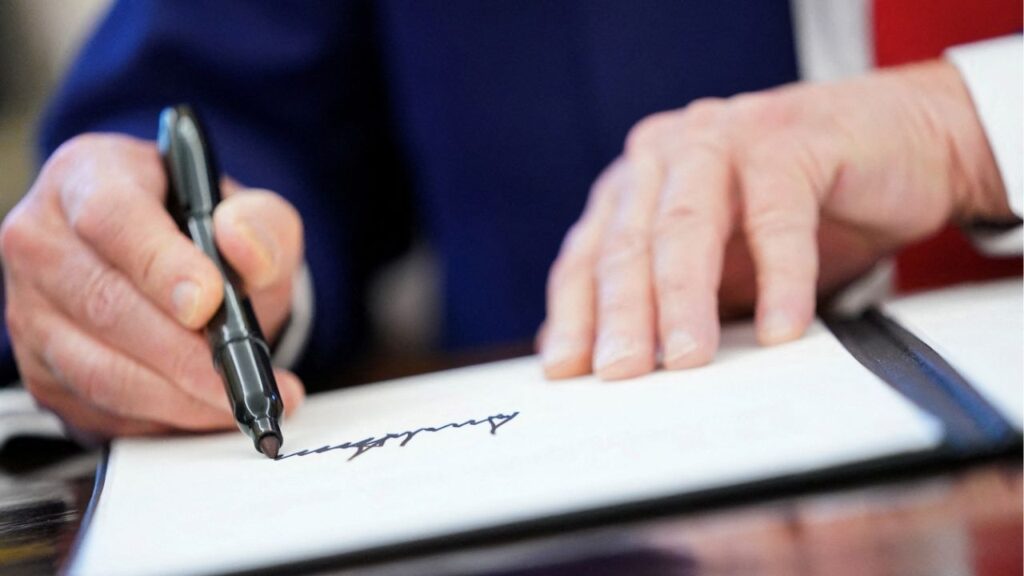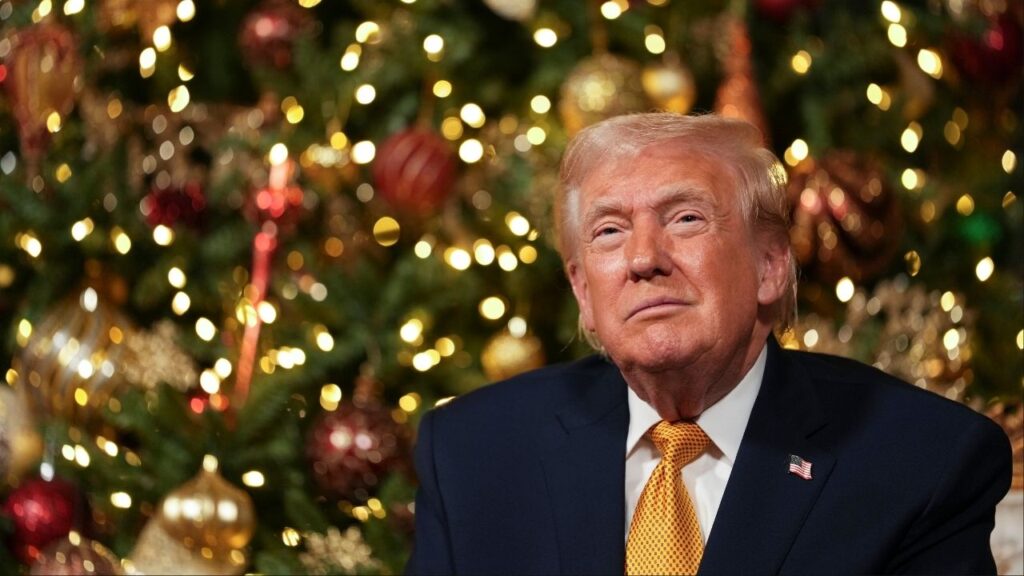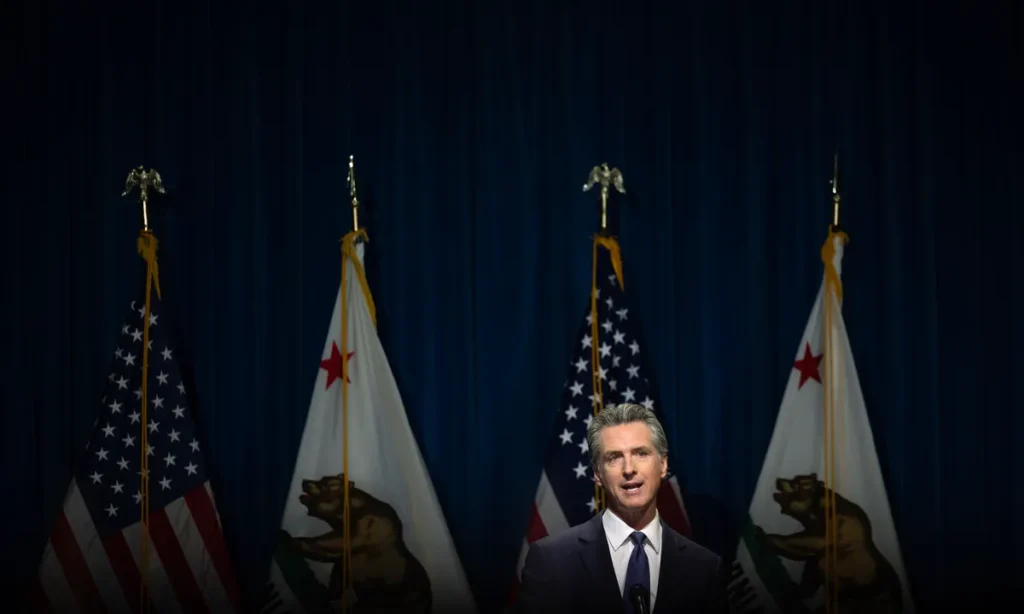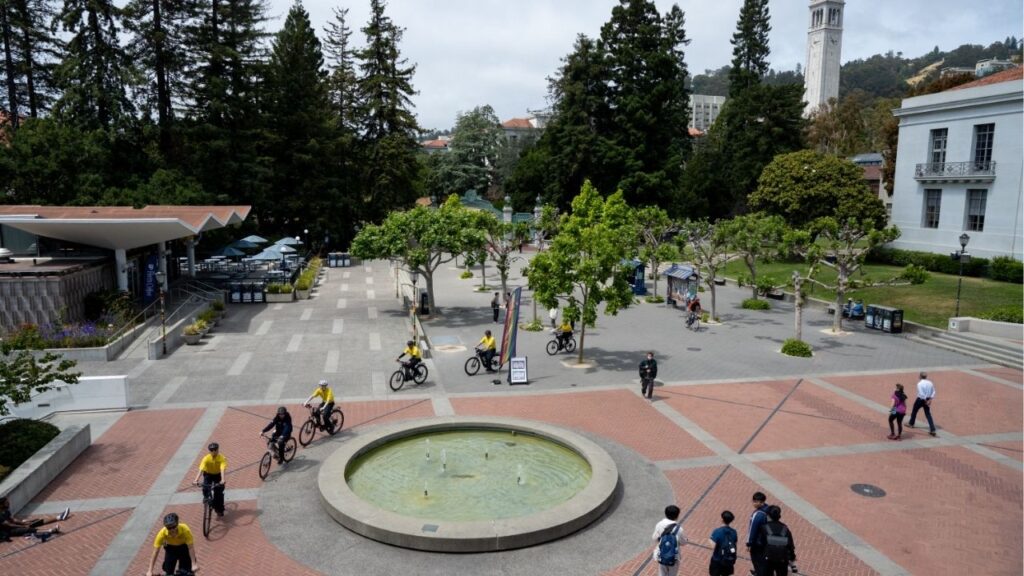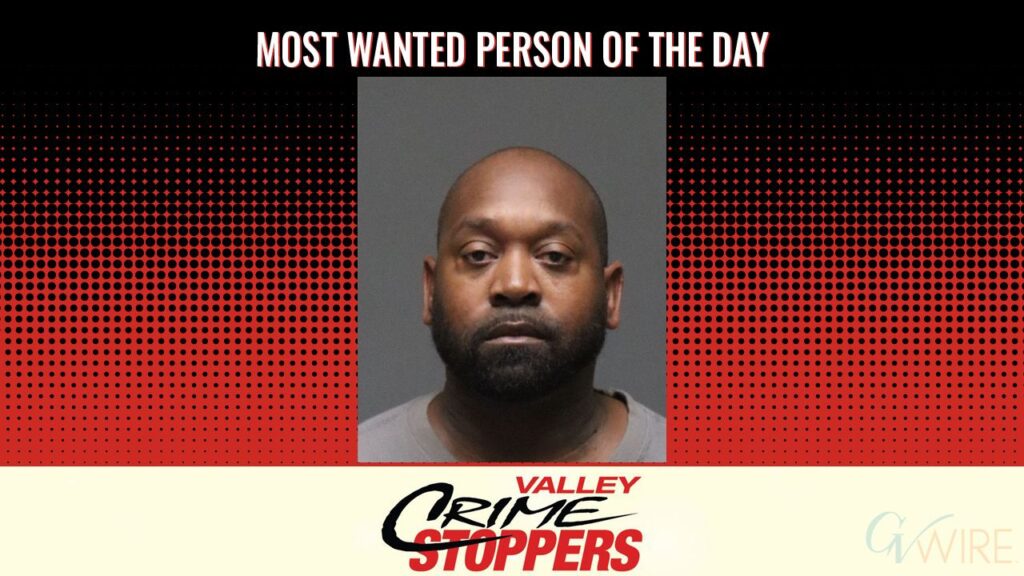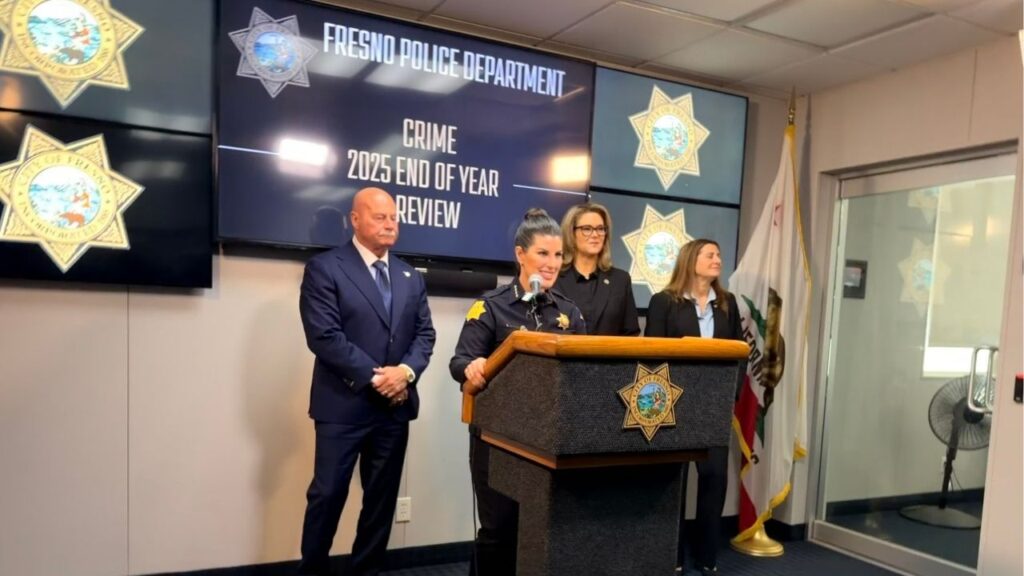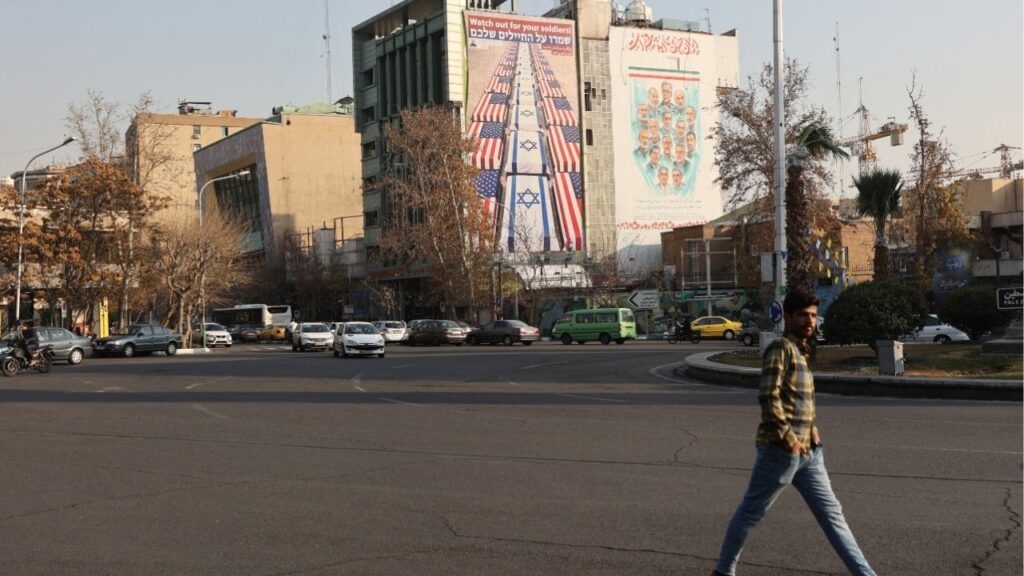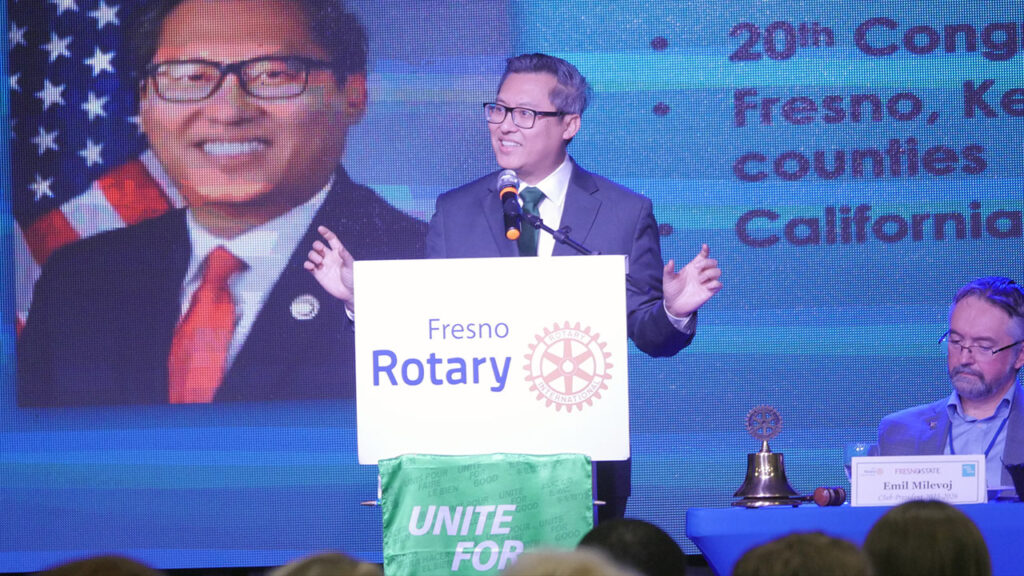Share
Teams representing state Senator Melissa Hurtado and challenger David Shepard yawned their way through the first day of a recount. The tedious process started in Tulare County on Monday, where a painstaking review of signatures on ballots took place.
Shepard, R-Porterville, lost the election by 22 votes or four-thousandths of a percent to incumbent Hurtado, D-Bakersfield. The election was certified on Dec. 8, but Kern County asked a judge to grant an extension when it found 10 unopened ballots countywide. Four of those votes were in Senate District 16, and broke 3-1 in Hurtado’s favor on Saturday. That extended her lead from 20 to 22 votes out of nearly 137,000 votes cast.
With the election close, Shepard asked for a recount by last week’s deadline in the four counties that comprise SD 16 — Tulare, Fresno, Kings, and Kern.
On the first day of recounts, no votes were actually counted. A long and deliberate process of examining signatures plunged energy levels. Yawns were pervasive. Some in the room struggled to keep their eyes open.
The process continues in Tulare County on Tuesday. Meanwhile, the same recount will start in Fresno County at 9 a.m. And, Kings County will join on Dec. 27.
The recount continues until Shepard calls for a stop or perhaps runs out of money.
A Lengthy Examination
The first stage of the recount was to examine signatures on sealed envelopes on the vote-by-mail ballots that did not match the signature on file with the Tulare County Registrar of Voters.
Things were supposed to start at 9 a.m. But, a problem with the method of Shepard’s recount payment delayed things until 1 p.m. A $3,500 daily cashier’s check needed to cover the election staff expenses was not ready at the start of the day. The problem was later remedied.
A team of five represented Hurtado and the California Democratic Party, led by two attorneys from election-law specialists Olson Remcho — Richard Rios and Rachael Rutkowski. They brought election law books for reference.

Andreas Borgeas, two weeks removed from serving as Hurtado’s colleague in the state Senate, led the four-member squad representing Shepard. Borgeas, an attorney, did not want to speak publicly about his role, but he did sign into the office representing the California GOP.
The parties and any observer — recounts are open to the public — were led into a backroom at the election office within the county government building in Visalia. Tables were set up in a hallway amid shelves containing empty baskets and boxes of ballot paper, and a caged-off section of the office.
County Registrar Michelle Baldwin would pull an unsealed envelope, reading the name of the voter in question. She also displayed a copy of the signature on file. Each voter’s name is also printed on the envelope, with barcode information to aid in making the match.
Baldwin, or her assistant, would slide the documents around the table. Only election staff were allowed to touch the items. Borgeas and his team would examine and make notes. Then, the Hurtado team would do the same.
Hurtado’s group also had what appeared to be a roster of names that had mismatched ballots. With every envelope passing their way, they frantically checked the name and made notes.
14 Challenges Rejected
The examinations were slow. In two hours, approximately 50 of the 125 mismatched signatures made their way through the table. The Shepard team challenged 14 of the ballots.
After a break, where both sides retreated to the lobby to strategize, Baldwin adjudicated the challenges. Borgeas had 30 seconds to make his case that the signature on the envelope met the one on file and should be accepted.
Without an apparent handwriting expert among them, Borgeas and his team argued that the loops looked the same, or the slant was in the same direction. Baldwin would find fault in the argument, and the Hurtado team agreed.
Of the 14 challenges in the first batch, all were rejected.
The sides moved on to the next batch of envelopes, getting through 40 before calling it a day at 5 p.m.
On Tuesday, the plan is to continue the examination of unopened ballots before moving on to under- and over-votes — ballots on which a voter either picked too many candidates or not enough.
County officials said they will need to run the ballots through their machines again to pick out the SD 16 under/over votes. That could take hours, they said.
“It is like finding a small needle in a large haystack,” one election staffer said.
RELATED TOPICS:
Categories
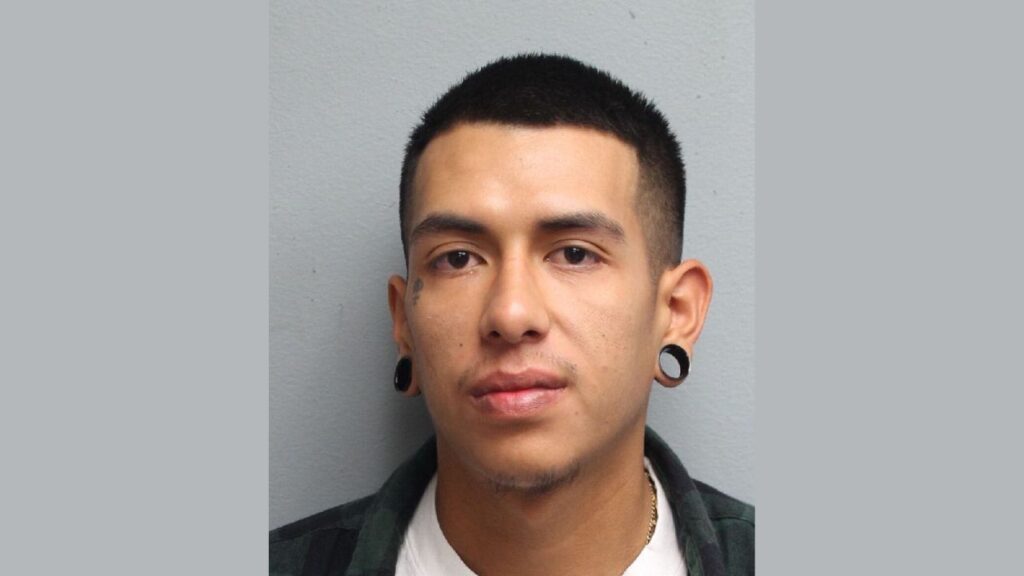
Man Convicted of Fentanyl, Drug and Gun Crimes in Tulare County
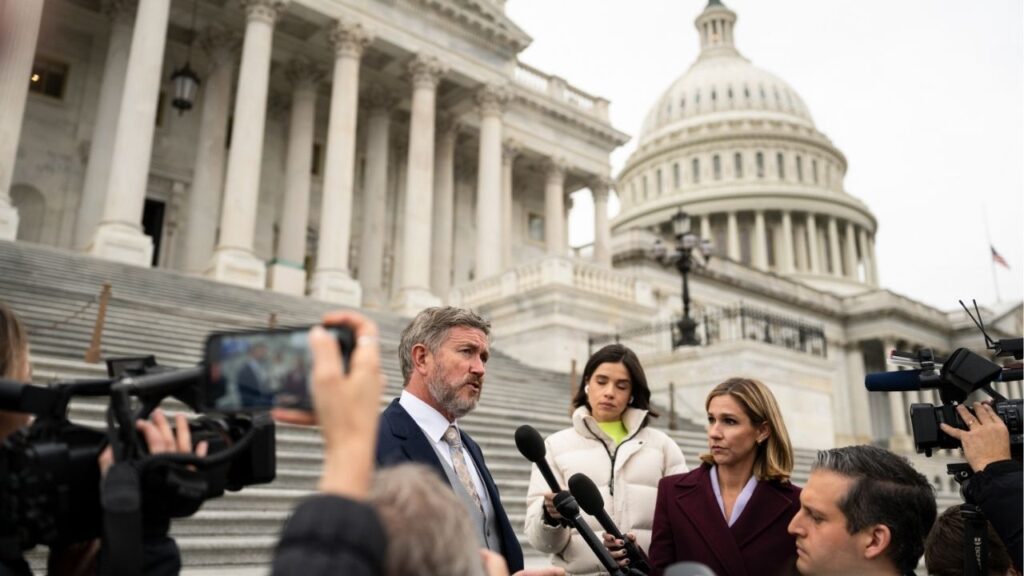
This Republican Thinks His Party Is ‘Gaslighting’ on Venezuela
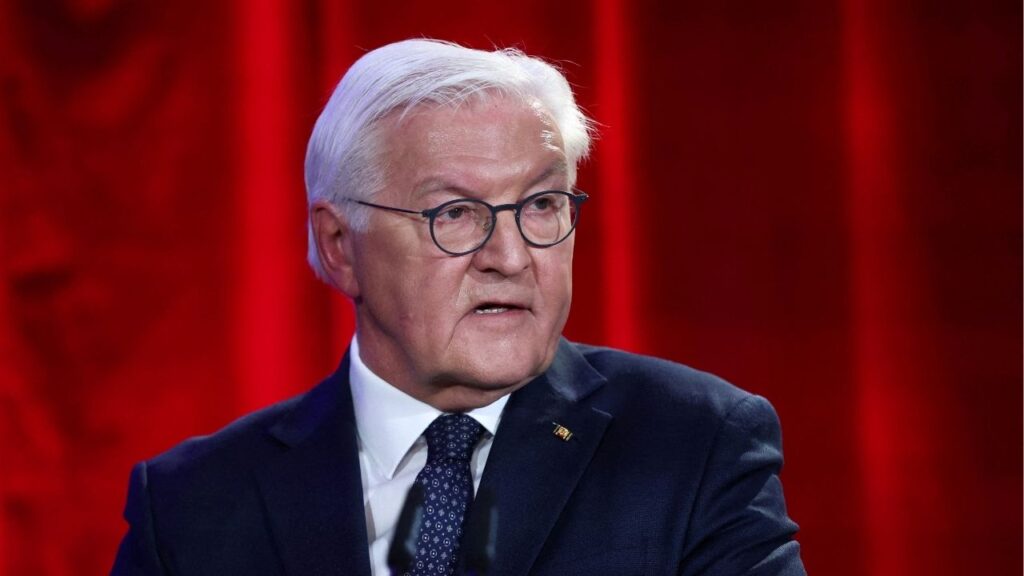
German President Says US Is Destroying World Order
